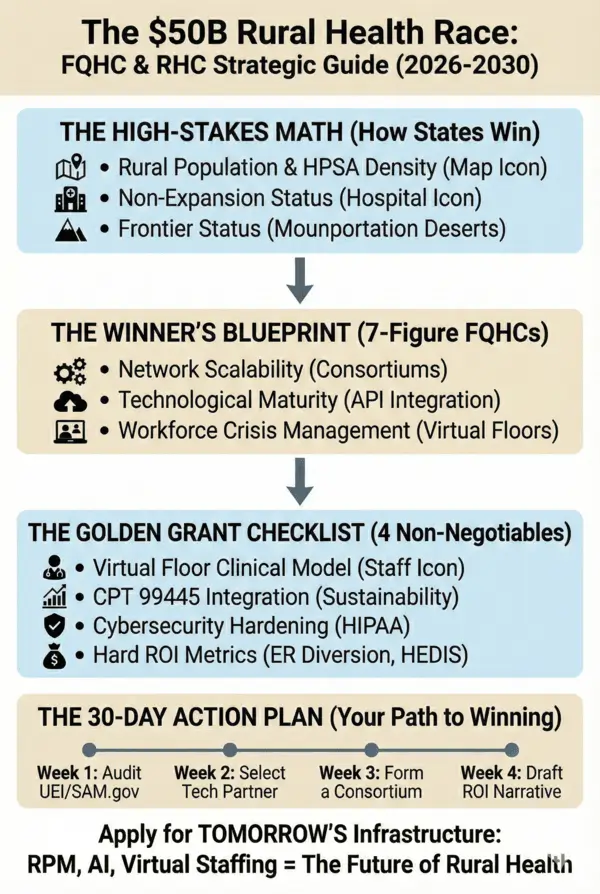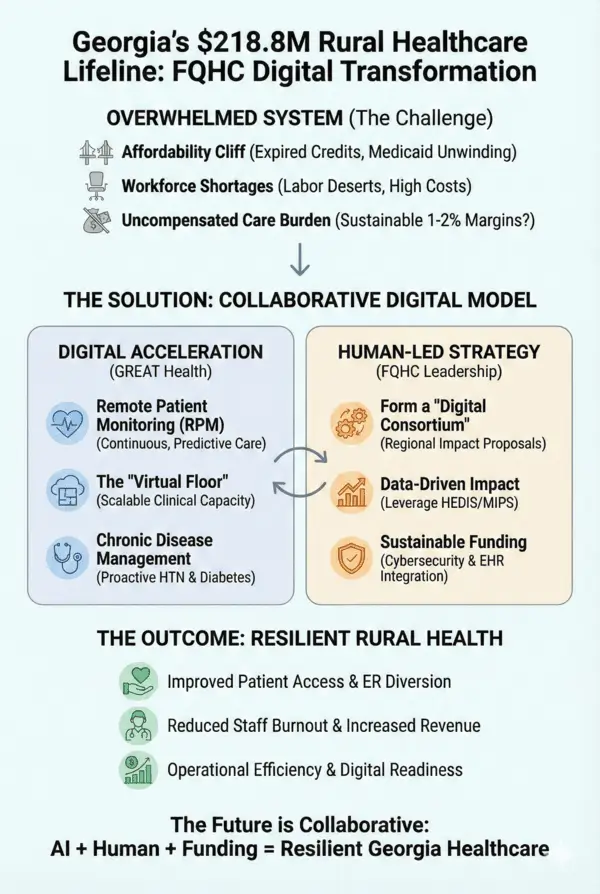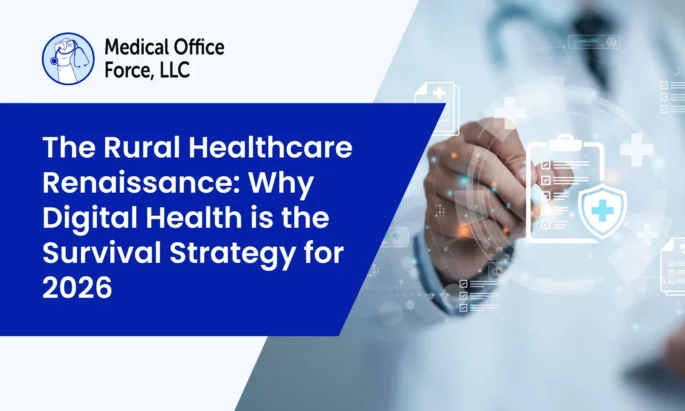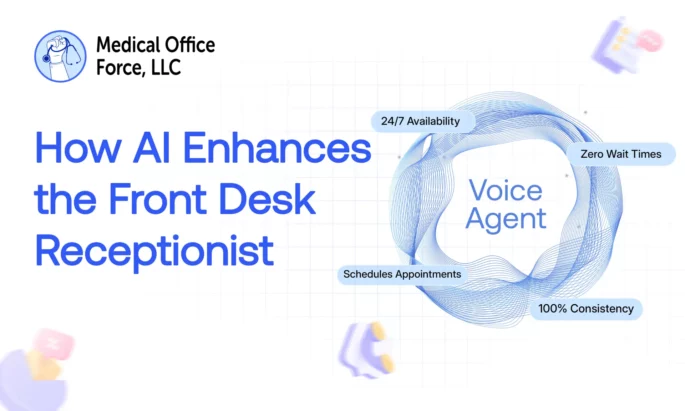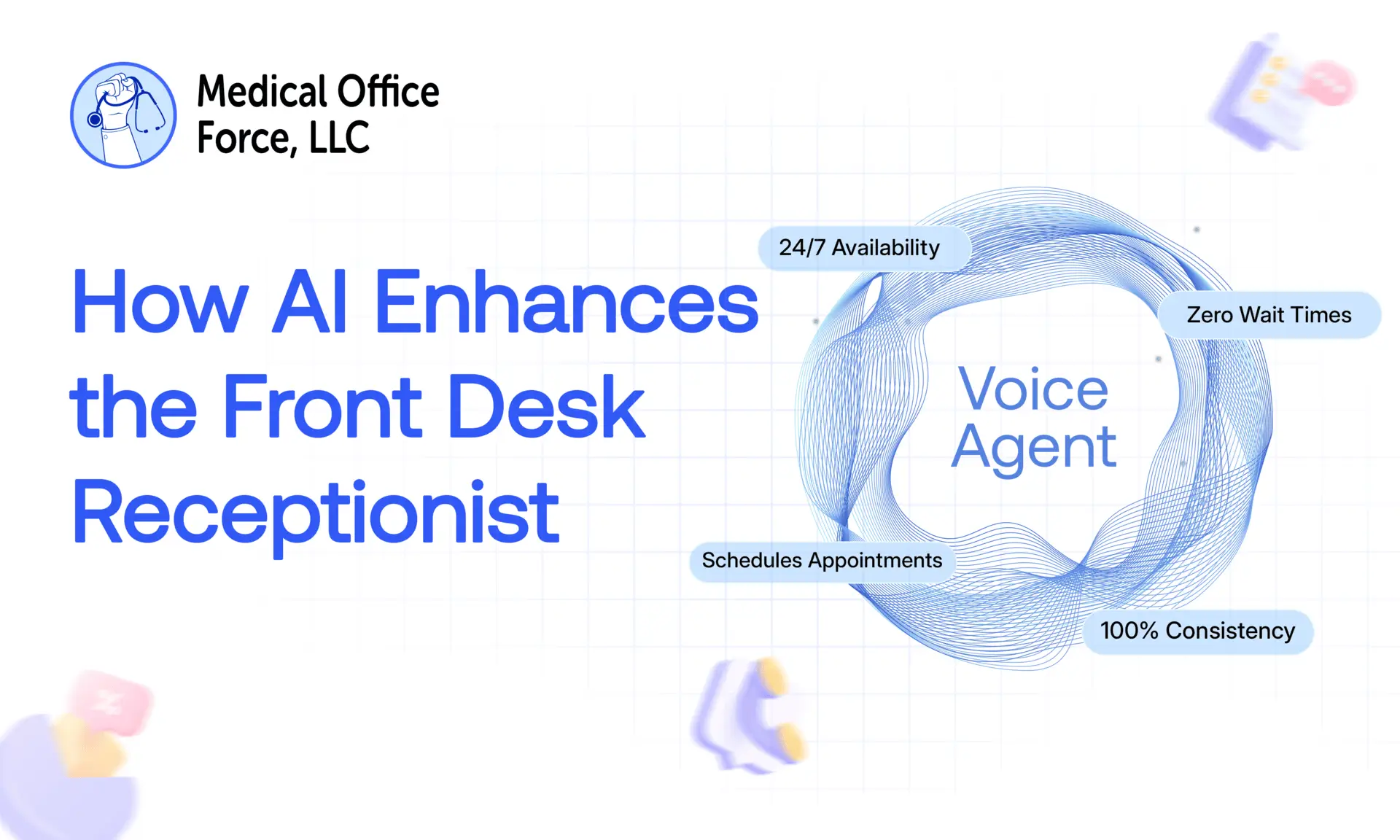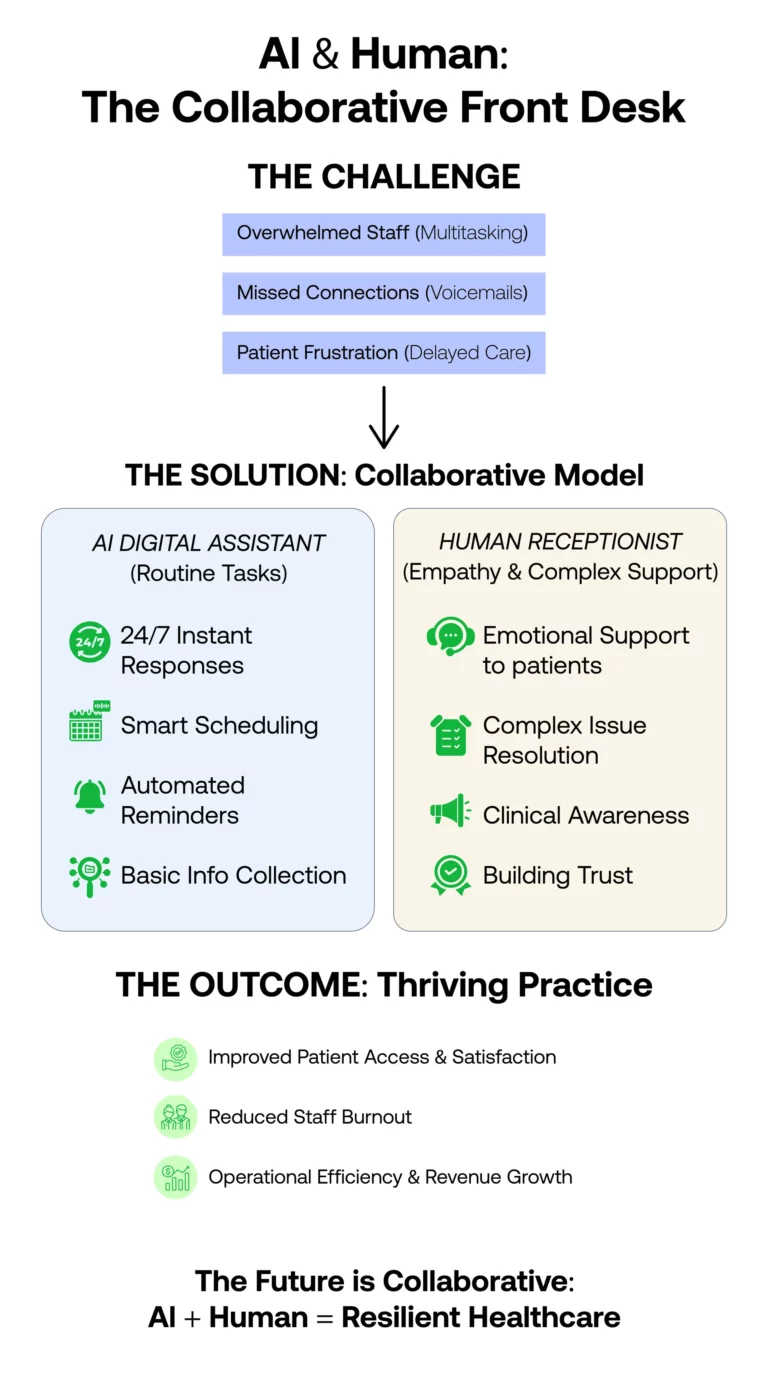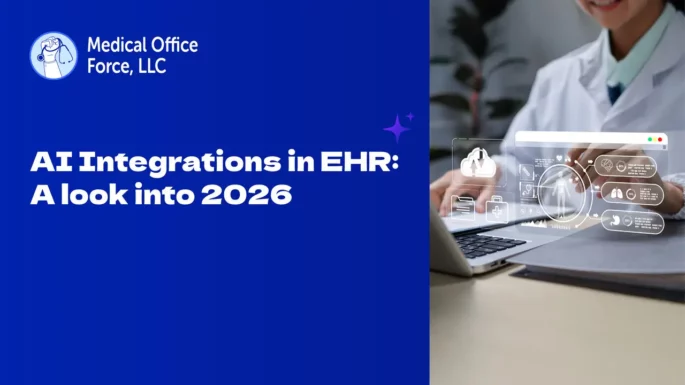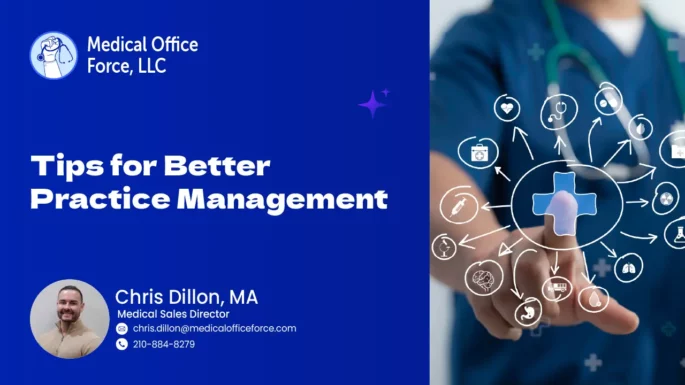
G0511 Is Dead. Is Your Clinic’s Revenue Next? Why APCM is the Only Way to Survive the 2026 Cliff.
Subodh K Agrawal MD, FACC
Medical Director , Medical Office Force
Let’s stop sugarcoating it.
For all practical billing purposes, G0511 is dead.
And if your clinic is still depending on it to protect cash flow, fund care managers, and justify care coordination work, then you are standing at the edge of a financial cliff with your eyes closed.
CMS introduced HCPCS code G0511 in 2018 and for many years it served as a reliable billing “umbrella” for care management services in Rural Health Clinics (RHCs) and Federally Qualified Health Centers (FQHCs). It wasn’t perfect, but it made care management sustainable. It helped clinics do what they were built to do: deliver care to high-need, vulnerable populations without collapsing under the weight of administration.
But the reality has changed.
With the 2025 Physician Fee Schedule Final Rule, CMS has officially retired G0511. Starting October 1, 2025, FQHCs and RHCs must bill each care management service separately using the individual codes that traditional practices already use.
This is not a small billing update. It is a structural shift in the financial engine of community healthcare.
And the clinics that treat it like a minor administrative inconvenience will be the first ones to feel the revenue shock.
G0511 wasn’t “just a code.” It was margin.
Anyone who’s been in the trenches of rural health operations knows why G0511 mattered.
Care management is not optional in the populations we serve. It is not “extra.” It is daily survival medicine. It includes medication reconciliation, follow-up calls, referral tracking, social support navigation, education, monitoring, and care planning. The work happens outside the exam room, but it is what prevents emergency department visits, keeps chronic disease stable, and builds trust with patients who have been failed by the system for years.
G0511 allowed RHCs and FQHCs to bill for that work through one bundled pathway across multiple programs. Over time it included Chronic Care Management (CCM), Behavioral Health Integration (BHI), Transitional Care Management (TCM), Remote Physiological Monitoring (RPM), Remote Therapeutic Monitoring (RTM), Principal Care Management (PCM), and community-based support models.
And importantly, reimbursement under G0511 was often stronger than what other settings could achieve with individual codes. A typical example is CCM. Traditional practices billing CCM through code 99490 received roughly $60 per patient per month, while RHCs and FQHCs under G0511 could receive closer to $72 per patient per month.
That difference is not academic.
That difference is staffing.
That difference is sustainability.
So when G0511 disappears, it is not just paperwork that changes. It is the economics of care management.
CMS wants visibility, and your clinic will pay the operational price
Here’s what CMS is really doing.
They are moving away from bundled simplicity and toward service transparency. CMS wants to see exactly what services are being delivered and billed. That is why clinics must switch from one bundled code to multiple individual codes.
From a policy perspective, this makes sense. From an operational perspective, it creates a mess for clinics that are already overstretched.
Because now your organization must deliver care management and also prove it with tighter documentation, time thresholds, eligibility criteria, and code-by-code billing requirements.
For many clinics, this will create two immediate threats:
- Revenue decline
- Increased denials and billing friction
And if you don’t plan ahead, those two threats quickly become financial instability.
Let’s be honest about the revenue impact
Most clinics are going to lose money if they simply “switch codes” and hope for the best.
When G0511 ends, reimbursements often decline, sometimes significantly. In many common scenarios, clinics could see a reduction in the range of 15 to 20 percent per patient per month, especially if the care management strategy is mostly CCM-based.
This is why leaders must stop treating this change like a billing department issue.
This is a CEO issue.
Because when care management revenue drops, you lose the ability to fund the very programs that keep patients stable. And when those programs shrink, your providers face more crisis visits, more avoidable admissions, more burned-out staff, and lower clinical performance.
The financial and clinical consequences are tied together.
Option 1: Rebuild the billing model using individual codes and add-ons
One path forward is the obvious one: bill the individual care management codes that previously lived inside G0511. If your clinic already runs multiple services and you have sophisticated billing workflows, you can survive this route.
CMS also points clinics toward add-on codes to compensate for some of the reimbursement drop. In CCM, for example, code 99439 can be used with 99490 when additional time is delivered in 20-minute increments.
That can help, but here is the truth leaders must understand: add-on codes are not a strategy. They are a patch.
Add-ons only apply when patients require extra minutes. Most of your population will not trigger those add-ons consistently, which means this approach may protect revenue in a fraction of cases but it will not replace G0511 stability across the whole panel.
If your clinic wants to remain financially strong, you need a model that scales across populations, not only across the most time-heavy patients.
Option 2: APCM is the survival strategy for 2026 and beyond
This is where the conversation changes.
CMS didn’t retire G0511 and leave you with nothing. They are clearly pushing the system toward a new structure: Advanced Primary Care Management (APCM).
APCM is different because it does something clinics have needed for years. It pays you for capability, not minute-counting.
It is not time-based. Clinics can bill APCM in any month a patient is enrolled and the clinic maintains readiness and service capability, even if the patient doesn’t trigger major outreach in that month.
That matters because readiness is the work.
Keeping infrastructure active, care managers available, continuity protected, plans updated, gaps tracked, and transitions coordinated is not something you “log 20 minutes for.” It is the reality of being responsible for complex populations.
APCM requires maturity: consent, continuity of care, comprehensive care planning, medication management, coordination after emergency visits and discharges, enhanced communication access, population-level stratification, and performance measurement alignment.
But for clinics that already provide real care management, APCM is not a burden. It is recognition.
The reimbursement levels tell you where CMS is going
APCM reimbursement is acuity-based:
Level 1 patients receive around $15 per month
Level 2 patients receive around $50 per month
Level 3 patients, specifically Qualified Medicare Beneficiaries with two or more chronic conditions, receive around $110 per month
That last level is the key.
Many FQHCs and RHCs serve a high proportion of low-income Medicare patients. In other words, many clinics already serve the exact patient population that qualifies for higher APCM reimbursement.
If you are an FQHC or RHC leader, this is not just a payment model. This is the roadmap for sustaining care management without relying on outdated bundles.
Summary
If your clinic is still operating like care management is an add-on service, G0511’s retirement is going to hurt.
But if your clinic treats care management as a core capability, APCM is the next logical step.
The bigger story here is not about one code dying.
It is about the system demanding modernization.
G0511 is dead.
What replaces it will determine which clinics stabilize their revenue and which clinics go into survival mode.
The clinics that move early, build stronger billing workflows, and operationalize APCM will not just survive the 2026 transition. They will come out stronger, more scalable, and more aligned with value-based care.







